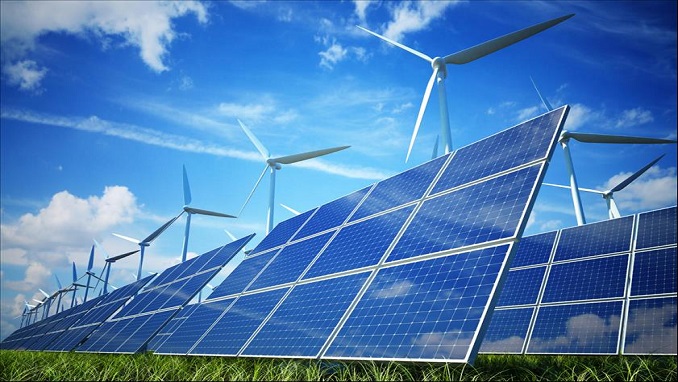Despite the global uncertainties, the renewable energy continued to grow at record levels in 2022, confirming the downward trend of fossil-fueled power generation, the International Renewable Energy Agency (IRENA) shows in its Renewable Capacity Statistics 2023 it released this week.
The global renewable generation capacity amounted to 3372 GW by the end of 2022, growing the stock of renewable power by a record 9.6% (or 295 GW), hence increasing the input of the power capacity produced by renewables to an impressive 83% cent of all power capacity added last year.
IRENA’s Director-General Francesco La Camera pointed out that the continued record growth shows the renewable energy’s resilience amidst the lingering energy crisis, noting, however, that if we want to stay on a pathway limiting global warming to 1.5°C, annual additions of renewable power capacity must triple the current level by 2030.
All continents increased their renewable capacity in 2022, with significant growth persistently concentrated in Asia, Europe, and the USA.
According to IRENA’s data, almost half of all new capacity in 2022 was added in Asia – a total of 1.63 Terawatt (TW) of renewable capacity- with China being the biggest contributor with 141 GW added to the continent’s capacity.
While Europe and North America grew their renewables capacity by 57.3 GW and 29.1 GW, respectively, the Middle East recorded an increase of 12.8% – the highest on record- with 3.2 GW of new capacity commissioned in 2022.
South America and Oceania also continued an upward trend, with a capacity expansion of 18.2 GW and 5.2 GW, respectively, whereas Africa recorded slight increase in capacity of 2.7 GW.
La Camera noted that the energy transition requires change that delivers a strategic shift beyond the decarbonization of the supply side as energy demand is expected to rise around the world.
He added that, in light of recent global events, any expansion of new non-renewables capacity must be connected to efforts to make the system more resilient, inclusive, and climate-proof by accelerating the energy transition.



